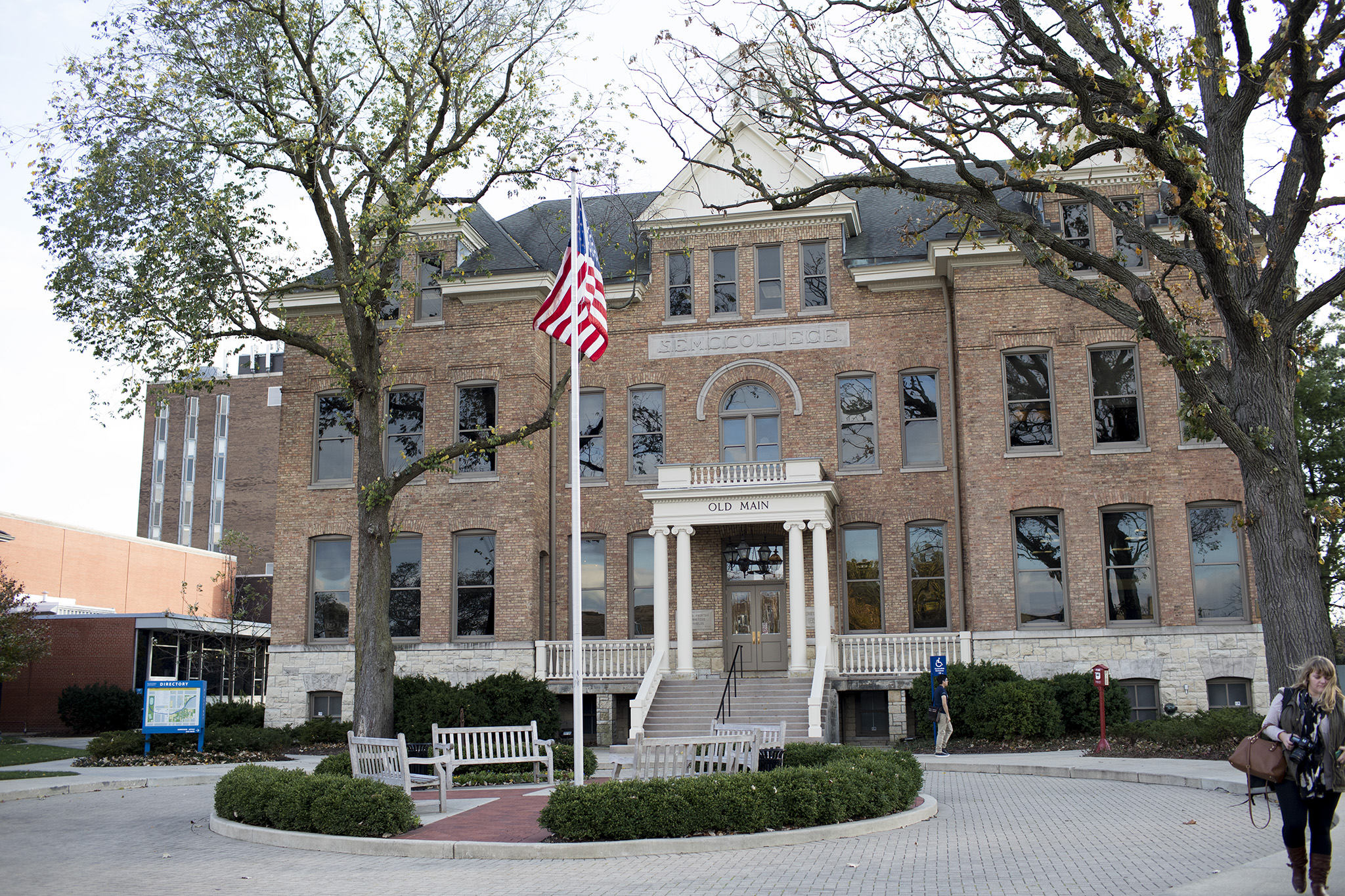Accreditation Frequently Asked Questions
It is an independent review of an institution’s educational programs. It helps to ensure that the programs meet high quality standards. Accreditation also helps to ensure that the institution meets the standards established by the accrediting body. North Park University adheres to the standards set by the Higher Learning Commission (HLC).
The Commission is one of the six regional associations of schools, colleges, and universities in the United States. The remaining five agencies are the Middle States, New England, Northwest, Southern, and Western Association. As with all of the above accreditation agencies, the Higher Learning Commission evaluates the entire institution and its programs collectively in terms of the institution’s mission and the standards or criteria established by the agency.
The HLC and other regional accrediting agencies are responsible for assuring that colleges and universities meet certain standards in terms of their missions, operations, and activities in teaching and student learning, as well as the discovery and promotion of knowledge and service.
Accreditation helps to ensure that a college or university is eligible to participate in state and federal financial aid programs to assist students towards obtaining their education. For many graduate programs, accreditation is a prerequisite for many applicants.
An assurance argument is a periodic, rigorous, comprehensive review and analysis of an institution’s strengths and weaknesses. Its purposes are vital to both the institution’s external and internal constituencies. Accreditation is merit-based on an institution’s ability to meet the criteria and established standards.
Overall, accrediting agencies have are two purposes: one is to gauge the performance of an institution or program in relation to its overarching mission; the other is to promote improvement in the quality of the institution’s programs and member institutions. The HLC offers two programs for maintaining accredited status the Standard Pathway and the Open Pathway.
The Commission will also assess the institution’s educational programs and activities. The assessment process is further extended to the institution’s governance and administration; financial stability; admissions; student services; institutional resources; and student learning and institutional effectiveness.
On the Open Pathway, the Assurance Review is conducted in Year 4 and is a part of the comprehensive evaluation that occurs in Year 10.
The following steps make up the Assurance Review:
- The institution demonstrates that it meets the Criteria for Accreditation by preparing an Assurance Filing, comprised of an Assurance Argument and an Evidence File, using HLC’s Assurance System.
- A team of peer reviewers evaluates the institution’s Assurance Filing. The outcome of this review is a recommendation as to whether the institution meets the Criteria for Accreditation. If the Assurance Review is part of a comprehensive evaluation, this review will also include an on-site visit by the peer review team. The Assurance Review conducted in Year 4 of the Open Pathway does not include an on-site visit unless the team determines one is necessary to explore uncertainties in evidence that cannot be resolved at a distance or if a sanction is being considered.
- A decision-making body reviews the institution’s documentation and the recommendation from the peer review team and takes an official action.
The Commission has established five Criteria statements, as outlined below, each including its Core Components. An institution must present reasonable and representative evidence of meeting each Criterion.
Criterion One: Mission
Criterion Two: Integrity: Ethical and Responsible Conduct
Criterion Three: Teaching and Learning: Quality, Resources, and Support
Criterion Four: Teaching and Learning: Evaluation and Improvement
Criterion Five: Resources, Planning, and Institutional Effectiveness
The last full accreditation visit by the Higher Learning Commission to North Park University was in 2001. Reaccreditation usually takes place in a ten-year cycle. Our most recent re-accreditation visit took place in November 2010.
The team drafts its report within four to six weeks following the visit. The institution may review the report and the team’s recommendations for errors of fact before the team submits its final report to HLC. The institution may also submit a response to the team report. The final team report and institutional response are then sent to the Institutional Actions Council for review and action.


